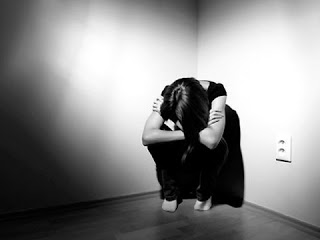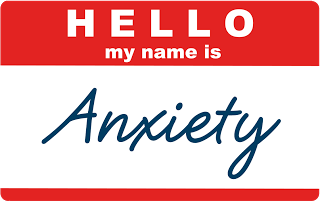
By Randy Moraitis, MA, CIP, BCPC
Depression is a very common problem. Approximately 10% of the US population, over 30 million Americans, suffer from depression–but most could be successfully treated. The first step towards healing is to know the symptoms of depression.
Here are the symptoms so you can tell if you, or someone you care about, may have clinical depression:
There is an mnemonic that mental health professionals use to list the symptoms:
SIGECAPS.
S—SADNESS—the first, most obvious symptom–more than just the blues or a funk, but a deep sadness.
S—SLEEP—some with depression have difficulty sleeping, especially between 2-4am, others with depression want to sleep all the time. They’d rather sleep than participate in life.
I—INTERESTS—the person is no longer interested in doing what were once their favorite activities.
G—GUILT—feeling guilty can contribute to depression.
E—ENERGY—feeling like you have no energy is a common symptom of depression. It feels like the wind was knocked out of your sails.
C—CONCENTRATION—people with depression find it very hard to focus so they have trouble with work or schoolwork. Their poor performance leads to more problems which can perpetuate the depression.
A—APPETITE—a sudden change in appetite is a common symptom with depression. 1 in 4 people gain weight, 3 in 4 lose weight—we see this a lot with people going through a painful divorce—the divorce diet.
P—PSYCHO-MOTOR ABNORMALITIES—for example when you’re depressed it may feel like you’re moving in slow motion.
S—SUICIDAL THOUGHTS—very common—and if you or someone you know ever has suicidal thoughts, especially if there is a time and a method—like “I am going to take pills tonight at midnight”—call 911 immediately!
For someone to be diagnosed with clinical depression, they need to have 5 or more of these 9 symptoms for 2 weeks or longer. If you think you may have depression, then make an appointment with a doctor or counselor today. There is hope for healing, so take the first step today!
If you or a loved one are affected by depression, please reach out for help today. Email: randy@randymoraitis.com
Phone: 949.303.8264
Websites: www.randymoraitis.com or www.carepossible.org
About Randy Moraitis
Randy is married to Kim and they live in Laguna Niguel. Together they have a blended family of five adult children and three beautiful grandchildren. (If you don’t believe Randy he will gladly show you pictures!)
Randy is a Certified Intervention Professional (CIP) and expert in helping families affected by addiction and/or mental health issues. He is a Board Certified Pastoral Counselor and is both licensed and ordained as a pastoral counselor. He has five professional coaching certifications and loves working with clients on executive coaching, life coaching, wellness coaching and recovery coaching. Randy has a master’s degree with emphasis in theology and counseling, a bachelors degree in management and leadership, and a certificate in health and fitness with emphasis in exercise physiology and sports psychology from UC Irvine. He has been helping groups, individuals and families get mentally, physically and spiritually healthy in Orange County for over 25 years.







